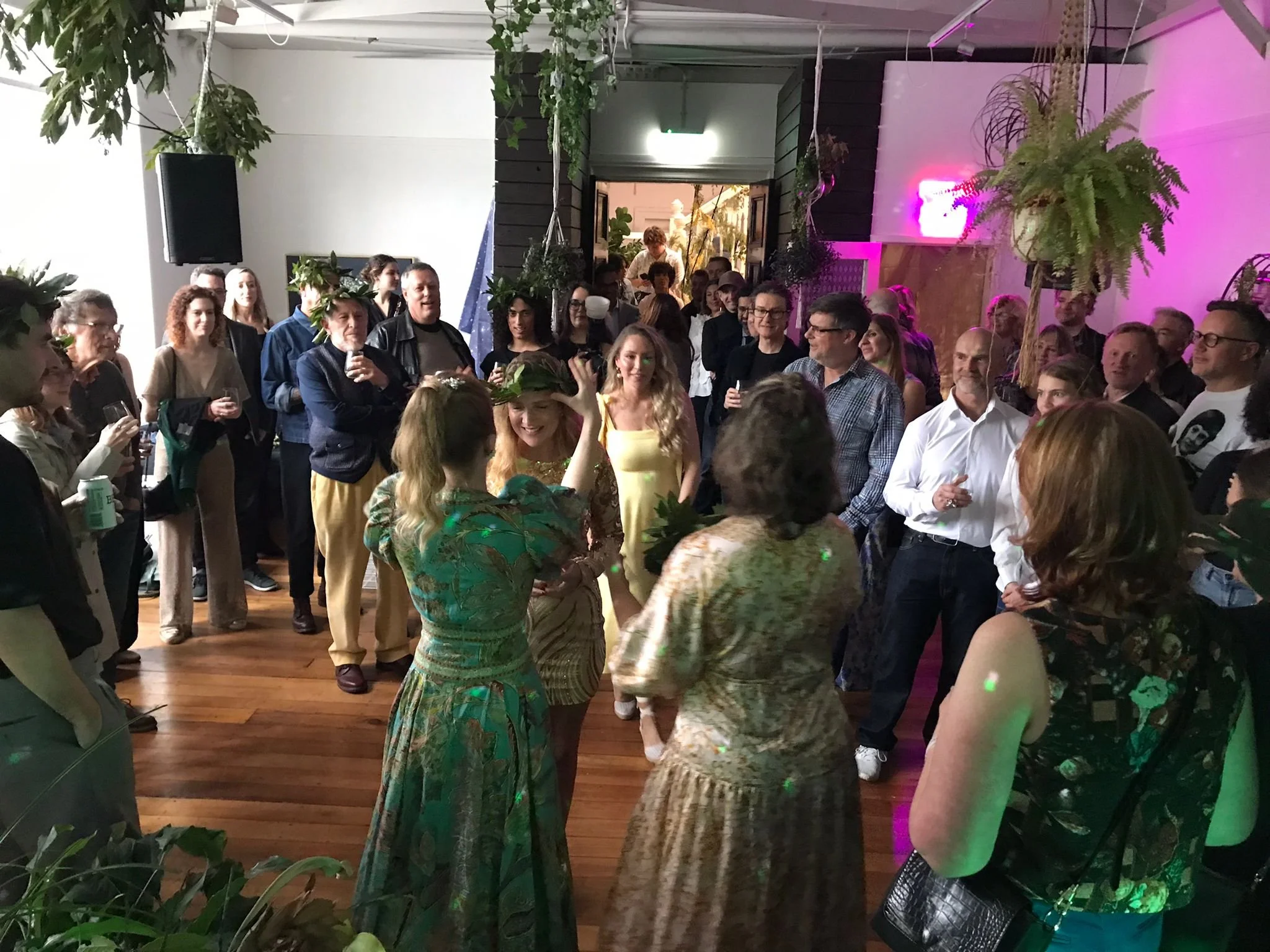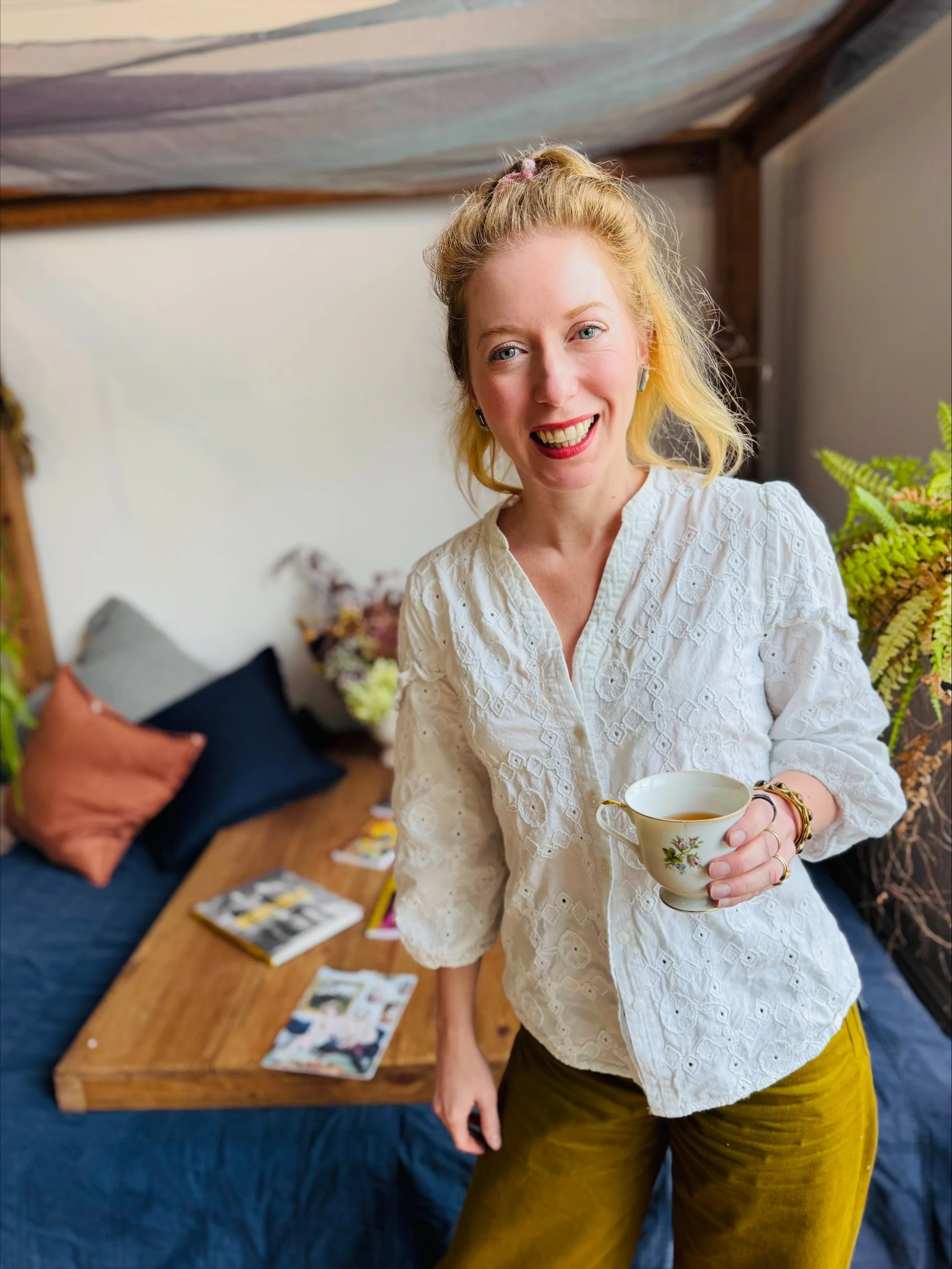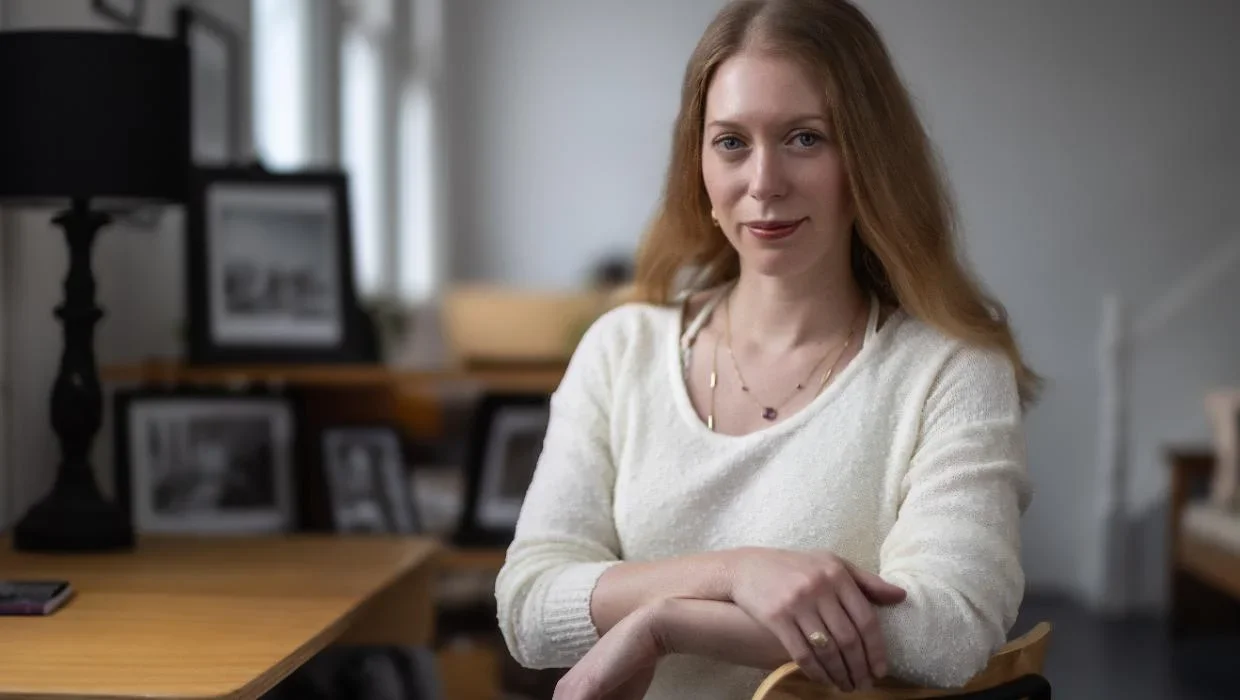
Creativity + Value as a human
Over the past 18 months I have been deeply embedding generative AI experimentally into three businesses, and wielding it for clients who have AI-enabled workplaces. The problems I encountered, and am observing, as a result of my learnings have no official answers. I found myself spending Sundays on the beach with my children deep in philosophical conversations with various AI tools about the barriers to implementation I was observing across staff, teams, clients and sector counterparts - and more concerningly the lack of preparedness for talent pipeline and junior roles. I made up guardrails. I invented systems. I drafted frameworks. I tested them with the interns in my publishing business, rolled them out with the junior staff in my public relations business, tested my thinking with AI-enabled clients and the very few people around me who are working in this space.

Grad roles: Loss of the ‘first draft’ starting point
Today's graduates and juniors aren't starting from zero - they're starting from "good enough." And "good enough" is the enemy of excellence. In this blog, Emily Makere Broadmore discusses the emerging inequity between senior experts and young people in the workforce.
When I began my communications career, a blank page was terrifying but honest. You knew precisely where you stood: at the beginning. Today's young professionals face a different challenge: the first draft illusion.

‘Horrifying and incredible’: one writer’s argument for making use of AI
Books editor Claire Mabey talks with Emily Broadmore, one of the people behind a contentious AI workshop for creative writers, to try and understand the why of it.
On Friday June 6, the Wellington Writers’ Studio held an AI workshop run by Heft Communications (a PR company based in the same building). “This isn’t about using AI to write,” said the blurb on Instagram. “This workshop is about learning about how to super charge the editing, research and refinement process of your writing, safely, with LLM [large language model] AI.”

The end of ‘Google it’
While hosting a PRINZ workshop last week I used the term ‘Google it’ with the group, before feeling a sense of nostalgia for a phrase which will soon be obsolete. It is a term that defined my generation, and just like ‘Xerox it’, this phrase is going to fast become extinct. I asked the group instead to ‘AI themselves’, or their organisations, via any AI tool they currently prefer, and I did this because AI tools are quickly changing the way brands and profiles are shaped, and how the world discovers and evaluates reputation.

Why our creative graduates are unprepared for the world they’re entering
Emily Makere Broadmore is the founder of Folly Literary Journal and the Wellington Writers’ Studio. She is also the managing director of a Wellington-based communications agency that is supporting communicators and clients to upskill for the AI era.
OPINION: The Ministry for Culture and Heritage’s 2025 Long-Term Insights Briefing (LTIB) dropped this week, and explores how technology – especially AI – will reshape cultural storytelling in New Zealand. It acknowledges that generative AI is already changing how creative work is produced, shared and valued. It hints at the need for new roles, new skills, and potentially, new forms of education. But it doesn’t go far enough. And it doesn’t go fast enough.

Authentic Authorship: Why we question AI Writing ethics but not human ghostwriting
I spoke at a Vision for Wellington event recently. A ten minute speech all about social cohesion. The day before the event I realised I was missing an opportunity for my message to reach a wider audience, but without the time to draft an opinion piece from scratch I used Anthropic’s Claude to recut my speech into a 600 word opinion piece for our national newspaper.
I probably provided direction around retaining some key points, cutting other stories, and appropriate framing for the reduced wordcount. What would have taken me possibly 2-3 hours of rework was completed in around 30 minutes in collaboration with AI, and ran in The Post the following day.

We need to talk: Building truly connected communities
Emily Makere Broadmore is the managing director of Heft, a nationwide communications and advocacy agency headquartered in Wellington.
OPINION: In a city renowned for its progressive bubble we turn a blind eye to Wellington's greatest hypocrisy: we congratulate ourselves on inclusivity while practising ruthless exclusion of divergent viewpoints.
When was the last time you genuinely engaged with someone whose political opinions fundamentally clash with yours?

The high cost of ‘AI hesitation’
OPINION: When I recently suggested that artificial intelligence writes better copy than most university graduates, the response was heated. But while communications professionals filled my inbox with passionate defences of traditional skills, they missed a crucial point: businesses still paying humans to do what AI does better are actively wasting money. For proof, we need look no further than the cost of hesitation: New Zealand's precipitous fall from 9th to 40th place in global AI readiness rankings tells a cautionary tale of what happens when organisations and nations move too slowly.

Interview with Jesse Mulligan on death to the echo chamber
Interviewed on Afternoons with Jesse Mulligan, on 5 December 2024
On RNZ: Death to the echo chamber | RNZ
There's lots of talk around finding unity around at the moment ... various politicians here and around the world are promising to bring people together.
But it seems like it's not really happening, in fact if any anything, it feels like the political divide between left and right is getting worse. An opinion piece in the Sunday Star Times just this weekend examined this, titled Ending the echo chamber: How to find where left and right unite - was written by Emily Makere Broadmore, the founder of Folly Journal. And Emily some interesting observations about why the left and right don't talk to each other anymore.

Ending the echo chamber
Published in The Sunday Star Times
OPINION: On the same day that I lunched in the Capital with a well-known left-leaning public intellectual, Act leader David Seymour was spotted on ThreeNews flicking through the pages of the newly released issue of Folly Journal.

What I learned as an OIA hunter
Emily Makere Broadmore is a director of a strategic communications and advocacy firm based in Wellington and Queenstown.
OPINION: A report released by the Clark Foundation on Monday considers the growing perception of corruption, including when it comes to political lobbying and access to official information.
Its foreword, by former attorney-general Chris Finlayson, speaks more directly – claiming continued misuse of the Official Information Act by ministers and their departments and a call to critically examine our commitment to transparency.
